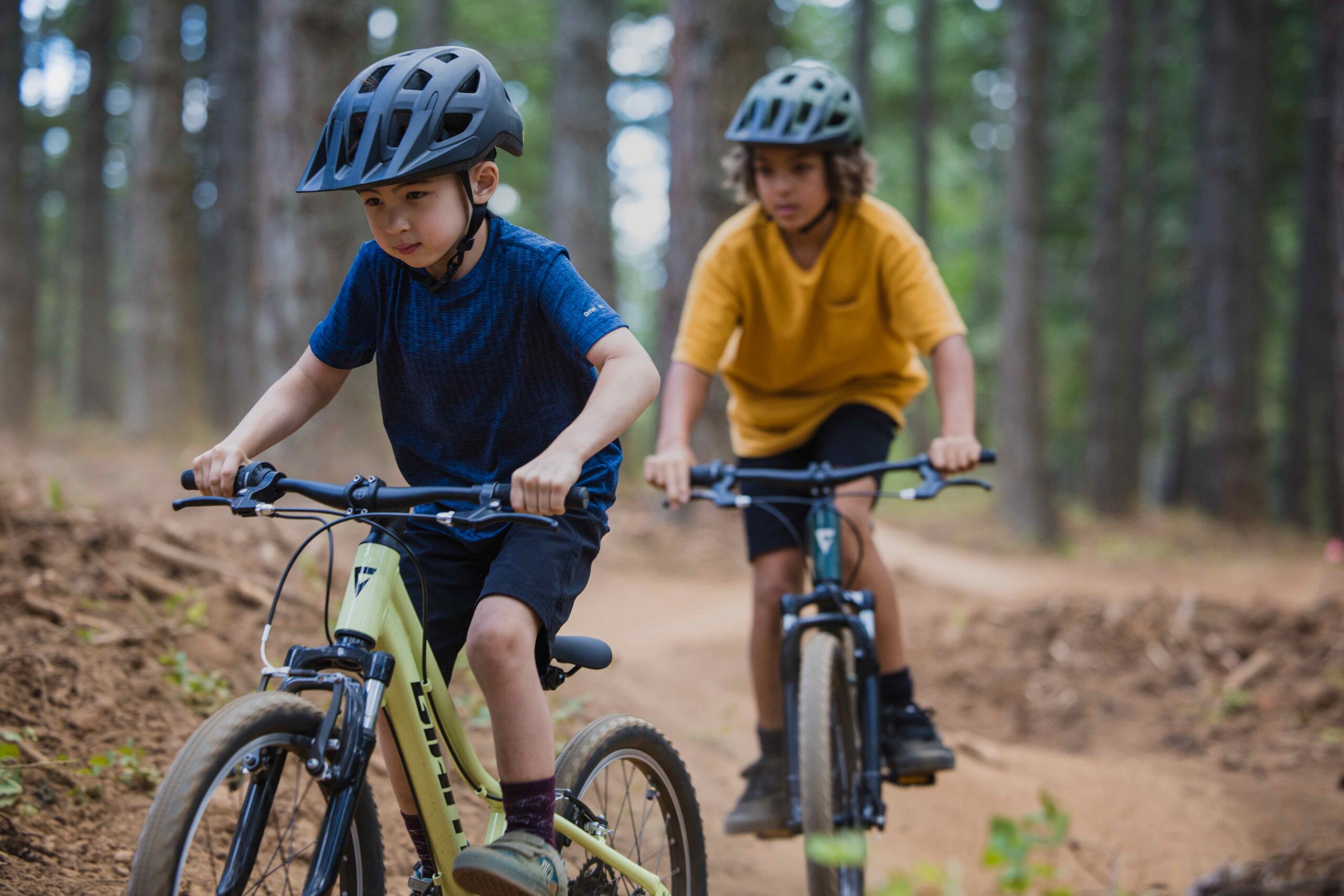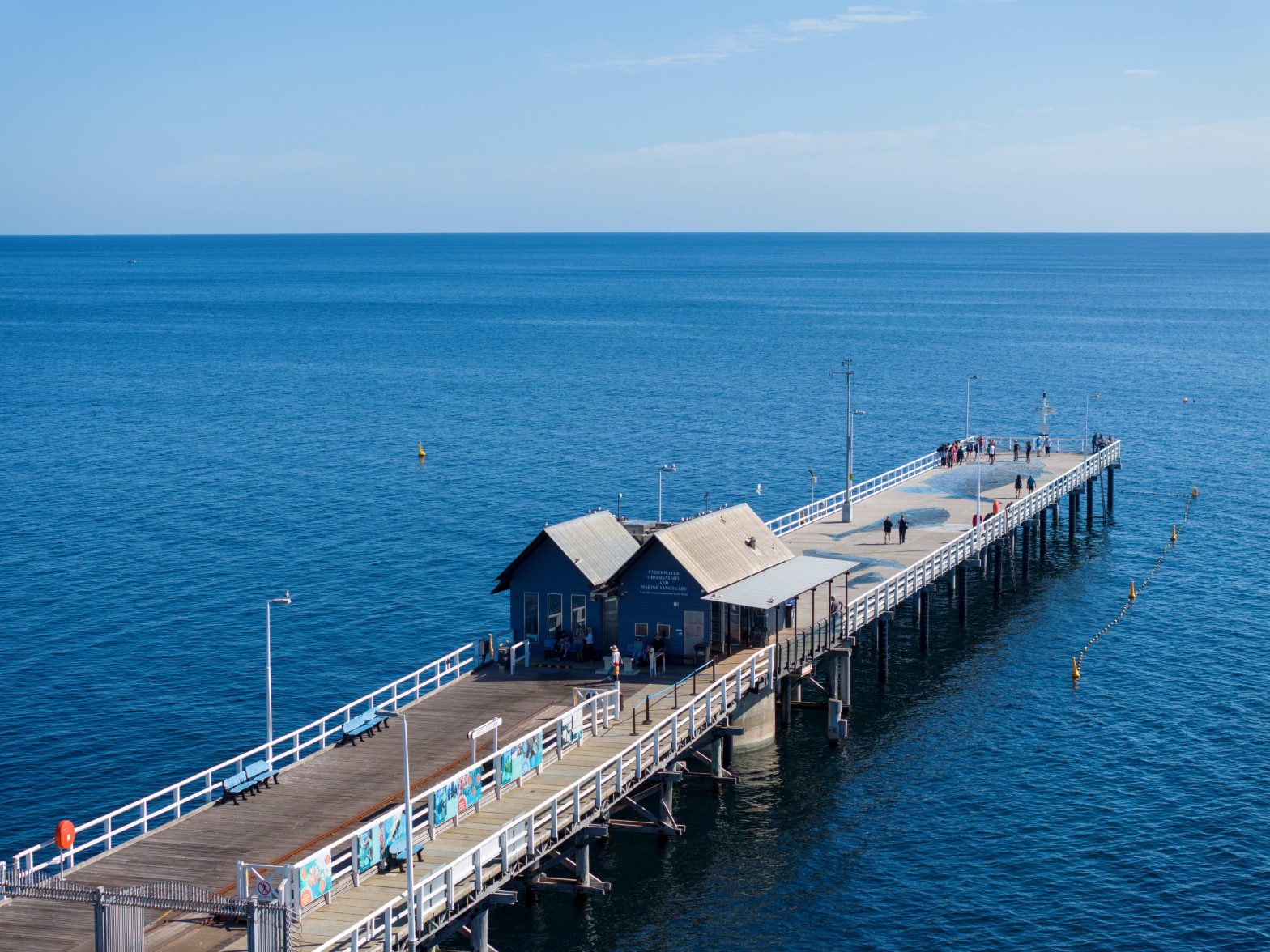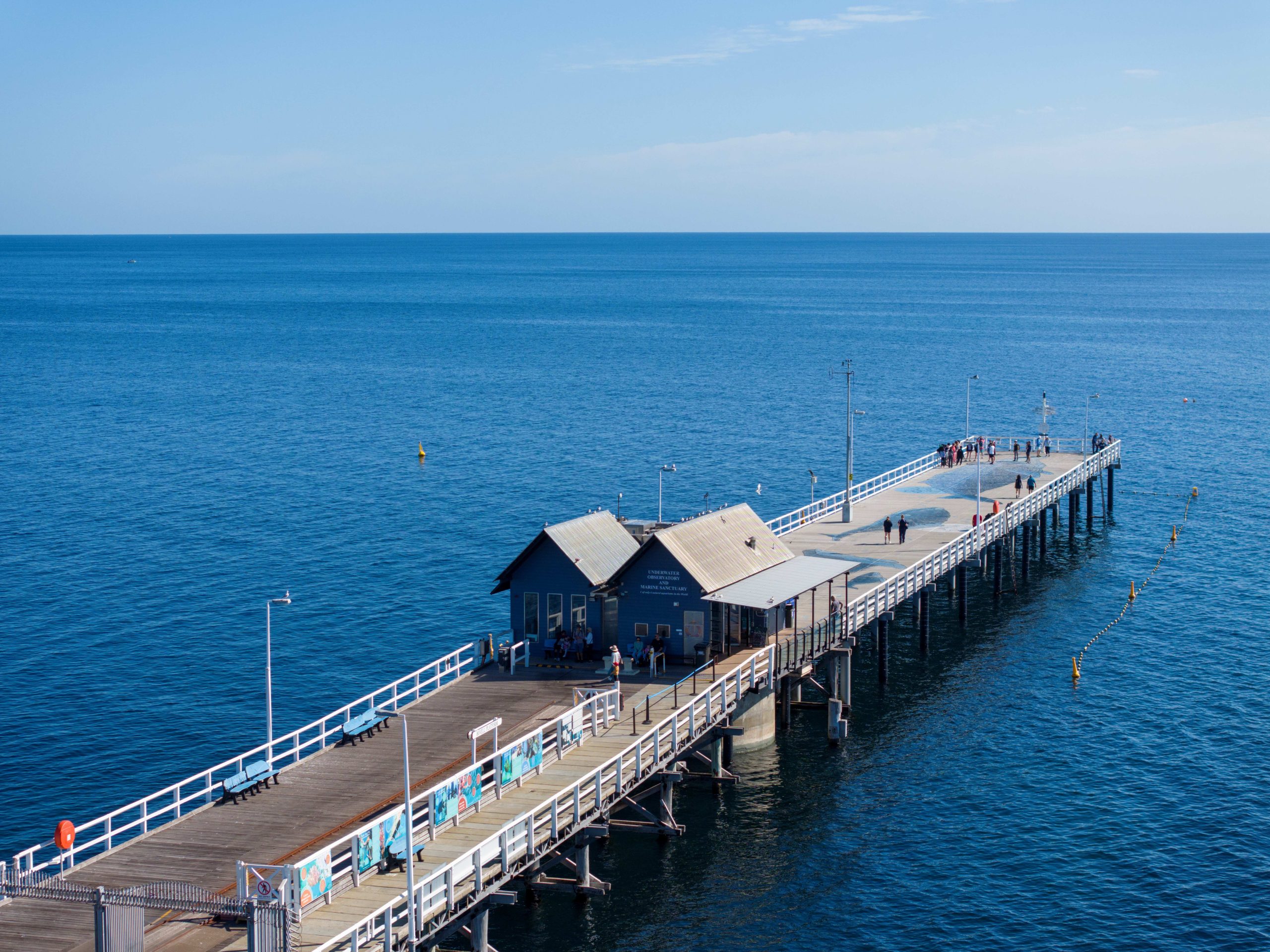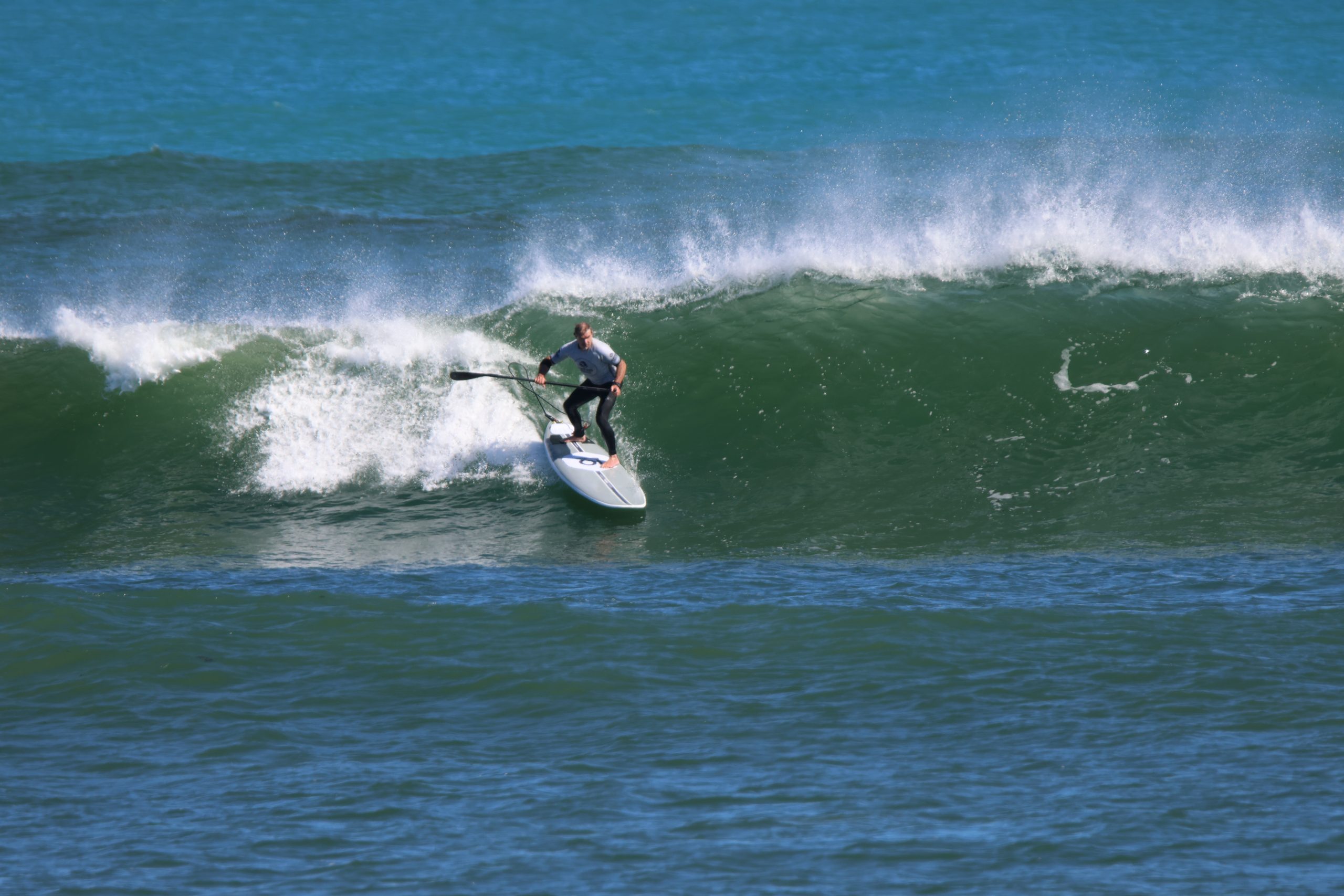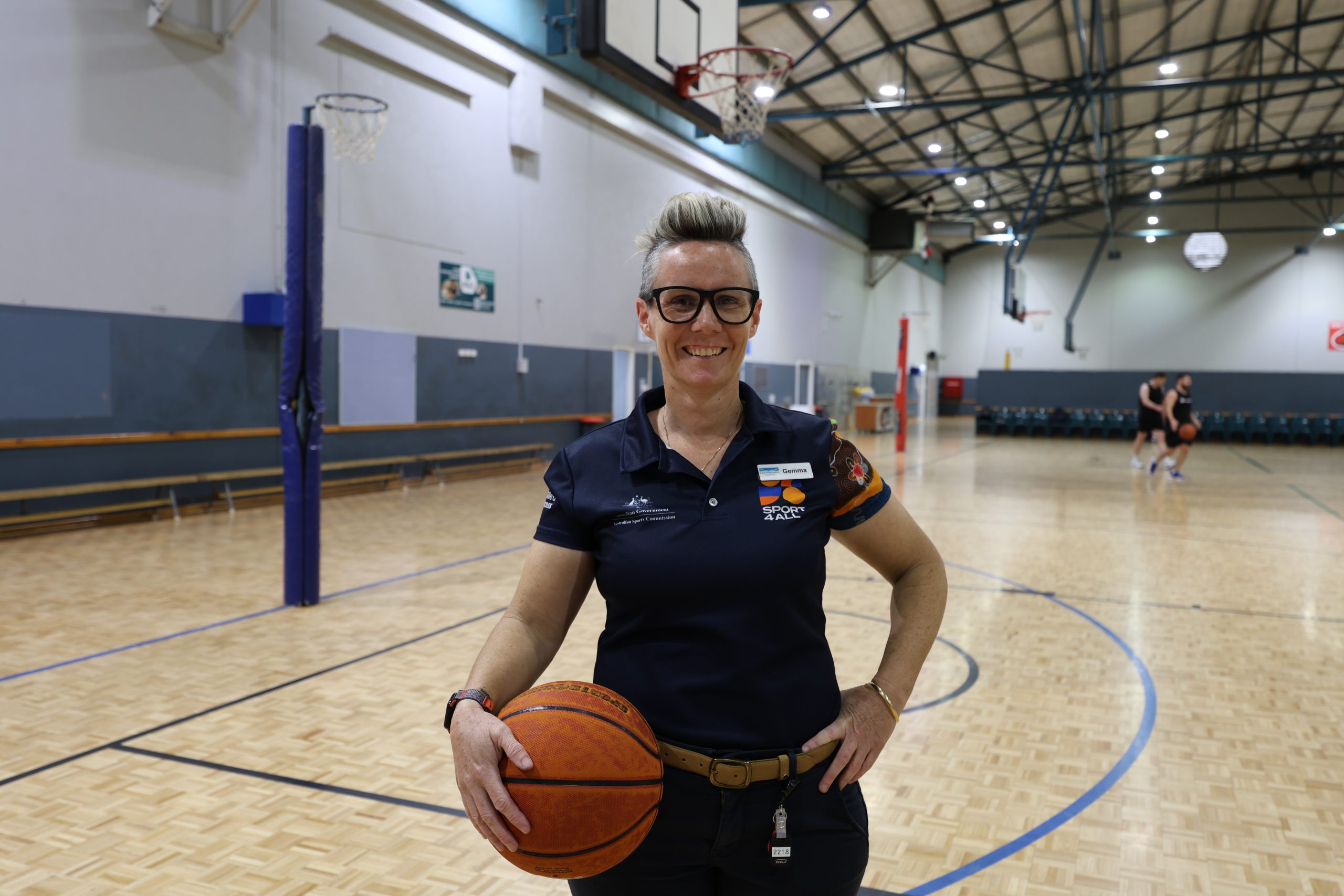Neighbours join forces to protect land
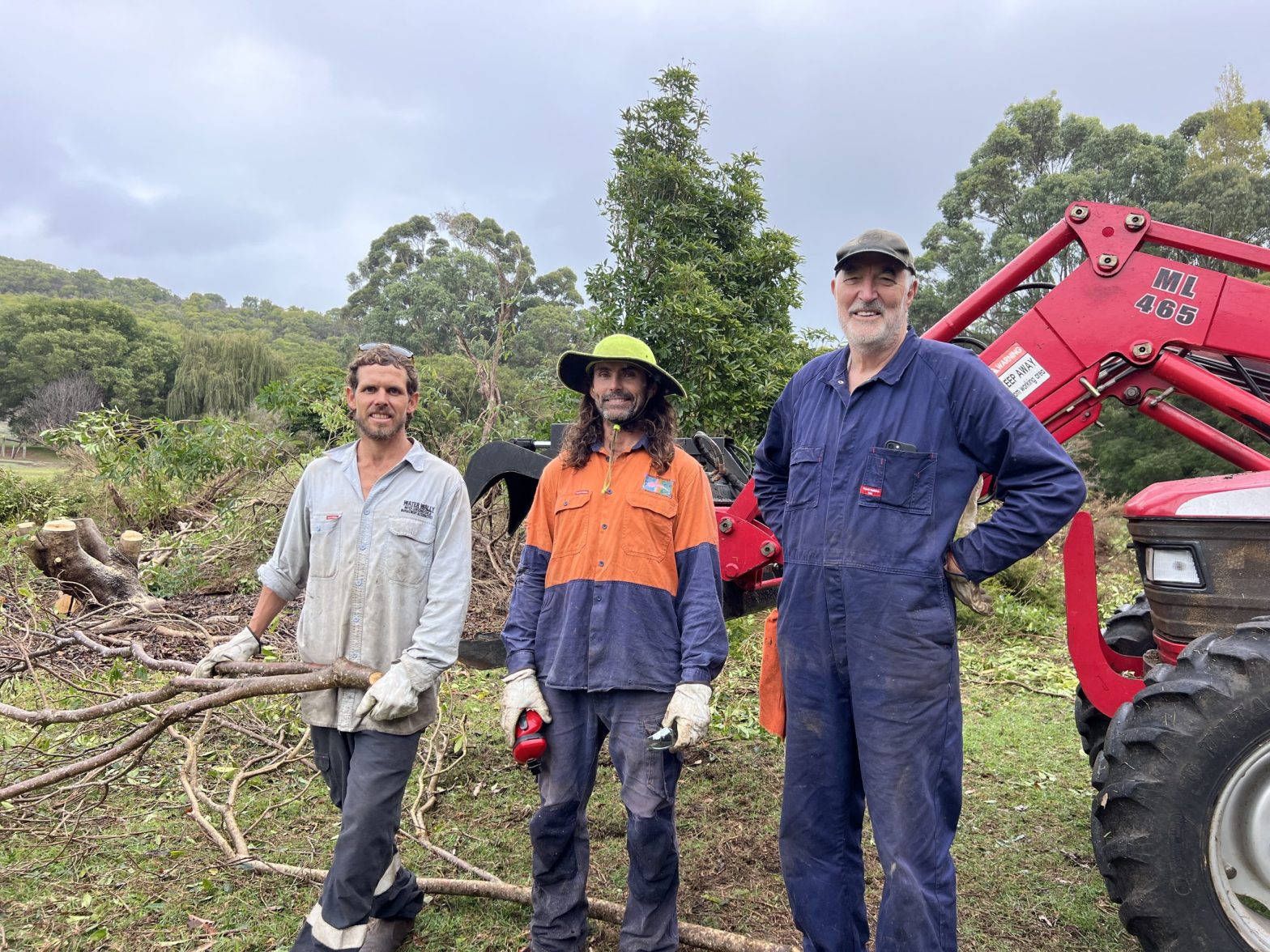
Nature Conservations Fede Butron and Nathan Hammer assisting landholder Eric Streitburg to remove woody weeds.
There’s been a big win for the Leeuwin Naturaliste National Park thanks to a coalition of locals teaming up to remove woody weeds from their land.
Four landholders near Boodjidup Creek have teamed up with Nature Conservation Margaret River Region to tackle weed trees including olive and sweet pittosporum on their properties, which all back onto the national park.
One of them is Eric Streitburg, who was determined to address an infestation of sweet pittosporum on his Blackboy Hollow Rd property.
Sweet Pittosporum is an invasive species in our region because it adapts well to growing in wet areas, along creek lines and under the canopy of the karri forest. It spreads rapidly thanks to its fruit, which is attractive to birds, meaning the seed is spread far and wide.
Eric is not alone in the fight, with three other adjoining landholders also coming on board to collectively tackle the woody weed problem in their area. Among them are Grant Johnston and Penny Bower, who have removed the olive grove they inherited when they bought the property almost two decades ago.
Olives are another problem weed tree because they outcompete natives, the seed readily spread by birds. They are also oil-rich, making them highly flammable and a major bushfire hazard.
Nature Conservation’s Peta Lierich says the neighbours’ work has been so effective because they pooled their efforts to work across property boundaries to tackle the problem.
“We meet many landholders who can manage the weeds on their property, but they can’t win the war unless their neighbours do the work too,” Peta said. “Eric’s is a good news story because four properties have got on board with woody weed control in this area, teaming up with Nature Conservation’s Bush Regeneration Team while Main Roads WA are also doing woody weed control along the road reserve. It’s a great collaboration and a good start to an area that needs some attention.”
Peta says it’s a story that can be replicated across the region.
“It only takes a few passionate landholders to spark a movement,” she said.
“Eric’s dedication shows that when one person takes action to protect biodiversity, it can inspire a ripple effect-uniting neighbours, protecting biodiversity, and proving that environmental stewardship begins with the will to care for your own patch.”
For landholders growing olives as ornamental trees – particularly on properties with bushland nearby – Nature Conservation recommends replacing them with native species that will benefit the ecosystem, such as hakea oleifolia or grevillea olivacea.
For those growing olives for harvest, landholders can keep trees pruned and compact, pick fruit regularly when ripe, and net trees to reduce birds’ access to the fruit.
The Woody Weeds campaign – funded by the WA Government’s State Natural Resource Management Program – is putting the spotlight on weedy trees such as Sydney golden wattle, Flinders Range wattle, sweet pittosporum, Victorian tea tree, blackwood and olives.
To learn more, follow the links at www.natureconservation.org.au.












